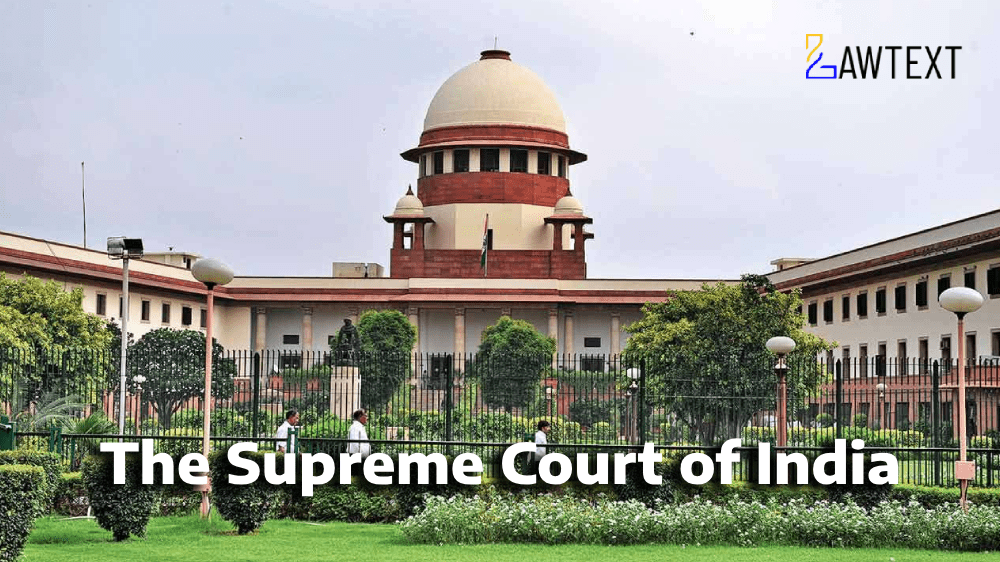

Conviction Not Necessary for Forfeiture – The Supreme Court overruled the earlier interpretation in C.G. Ajay Babu (2018), holding that Section 4(6)(b)(ii) of the Payment of Gratuity Act, 1972, does not require a criminal conviction for forfeiture. If the misconduct constitutes an ‘offence involving moral turpitude’ under a disciplinary inquiry, gratuity can be forfeited. (Para 10)
Fraudulent Appointment Justifies Total Forfeiture – An employee who obtained employment by submitting a fraudulent birth certificate had no right to claim gratuity, as the very foundation of his employment was illegal. The Court relied on Devendra Kumar v. State of Uttaranchal (2013), holding that suppression of material information at the time of appointment itself constitutes moral turpitude. (Para 12, 15)
Misappropriation of Funds Warrants Partial Forfeiture – While misappropriation of even small amounts constitutes serious misconduct, the Court exercised discretion in reducing the forfeiture for MSRTC conductors to 25% of gratuity, considering the minor nature of the amounts involved. (Para 14)
Procedure for Forfeiture – The Court emphasized that before forfeiting gratuity, the appointing authority must issue a notice and allow the employee to present their case. (Para 10)
Appeal by Western Coal Fields Ltd. Allowed – Complete forfeiture of gratuity upheld for an employee who secured employment using a fraudulent birth certificate. Appeal by MSRTC Partially Allowed – Gratuity forfeiture for conductors misappropriating small amounts reduced to 25%, with the balance amount to be released. No Costs Awarded
Forfeiture of Gratuity, Termination for Misconduct, Offence Involving Moral Turpitude, Departmental Inquiry, Moral Turpitude, PSU Employee Misconduct, Fraudulent Appointment, Misappropriation
a) Whether forfeiture of gratuity under Section 4(6)(b)(ii) of the Payment of Gratuity Act, 1972, requires a prior conviction for an offence involving moral turpitude?
b) Whether suppression of material facts at the time of appointment, such as a fraudulent date of birth certificate, constitutes an act involving moral turpitude warranting forfeiture?
c) Whether misappropriation of funds by conductors in public transport services amounts to an offence involving moral turpitude and justifies complete forfeiture?
d) What is the extent to which gratuity can be forfeited for different types of misconduct?
Appellant (Western Coal Fields Ltd. & Maharashtra State Road Transport Corporation – MSRTC)
Respondents (Employees)
Citation: 2025 LawText (SC) (2) 174
Case Number: CIVIL APPEAL NO.2608 of 2025 (@ SPECIAL LEAVE PETITION (C) NO.10088 of 2020) WITH Civil Appeal No.2609 of 2025 (@ Special Leave Petition (C) No.21957 of 2022) Civil Appeal No.2610 of 2025 (@ Special Leave Petition (C) No.1907 of 2025)
Date of Decision: 2025-02-17
Case Title: Western Coal Fields Ltd. Versus Manohar Govinda Fulzele
Before Judge: [SUDHANSHU DHULIA J. , K. VINOD CHANDRAN J.]
Appellant: Western Coal Fields Ltd.
Respondent: Manohar Govinda Fulzele